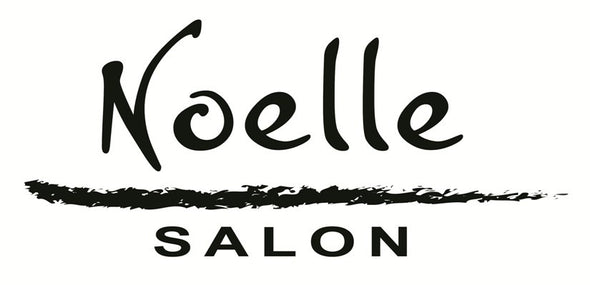What Is Trichotillomania?

I am often asked, "What is Trichotillomania?" It is a hair-pulling disorder where one pulls hair from the head, eyelashes, eyebrows, and/or other parts of the body. I have been working with clients with Trich "Trichotillomania" for 20 years before there was a diagnosis and a name. The official name "Trichotillomania" is a bit scary, after years of working with clients, none of them appear to be manic. A better name/diagnosis is Body-Focused Repetitive Behavior (BFRB) because this is really what it is like skin picking or nail biting., it may very well be a stress reliever.
Unlike Alopecia Areata or Fungal infections, the thinning hair is due to behavior vs. autoimmune diseases or a medical condition where you lose hair. Therefore your chances for hair growth are more in the space of changing habits, your self-esteem, how you perceive yourself, and how others do. Balding spots are the symptom of the disorder, what we do is redirect - allowing for hairs to grow while you get on with your lifestyle.
I have had the opportunity to speak with many clients with BFRB, and they appear as normal as the next person. After all, what is normal? It is quite human to be anxious, and those with "Trich" tend to find relief from pulling out their hair. Some say they are looking for the perfect strand to pull, one that has a different feel and texture, once they pull it out they feel some sense of relief. Does this not sound similar to nail-biting? I am not saying that there is no other underlying condition such as anxiety or depression, but I feel the mental health community tends to make sufferers feel "broken!"
The most successful clients that have stopped pulling out their hair have embraced their condition, are not ashamed, and understand that it is quite common. I have witnessed "pullers" behavior go into remission, in some cases the behavior returns at times of high stress. Some of my clients have just learned to live with the Trich and not feel desperate. Desperation makes one feel hopeless, which exacerbates the pulling.
When I first meet a client that pulls out their hair, I make sure to tell them they are not alone, the condition is common and I can help them to look better. In the meantime, I do encourage you to seek advice from a physician and therapist. There does not seem to be a magic pill that stops the behavior. Many of my existing clients make friends with new clients, they share their experiences and offer tips they have learned.
What We Do
We use hair extensions and hair toppers to cover the hair loss area without shaving or gluing. We tye the hair toppers with a series of knots into the hair which prevents damage to natural hair. These solutions have helped not only aesthetically, but also prevent pulling by creating a "barrier". It is so rewarding when clients witness hair growth, it is often a kick start to shed the hair topper and go it alone knowing they can always put it back.
I have worked with clients as young as 6 up to the '70s. I feel it is important to speak to young people's parents and explain that their child is not flawed, I explain what I have learned over the years about Trichotillomania, as well as offer advice. I also have a network of other providers such as therapists, hair loss experts, and dermatologists that specialize in Trich that is available in the salon.
What Is Important To Know
Long-term hair pulling will damage hair follicles and create scarring that can lead to the demise of the follicle. It is important to catch the early signs of hair-pulling and seek treatment or work with our hair toppers to cover the area.
To date, there is no cure for Trich, but we are doing our best to offer compassion, solutions, and a network of professionals that will help.
Many insurance providers will reimburse money spent on hair toppers a.k.a. "scalp prosthesis." You must first call your insurance carrier to see if you have coverage, receive a prescription from your physician, and provide the documentation and receipts to turn in to them.
If you have Trich, understand you are not alone and not broken. It is definitely treatable, I have many clients that have successfully stopped pulling. Many have told me knowing that we are there for them. if they need us, makes them feel more secure.
In closing, Trich is not a death sentence, awareness is a necessary component during the healing process. Please feel free to chime in, post questions, or share your experience, we would love to hear from you.




I suffer from Trich interested in meeting. My cell is 508-274-1025
Alison Jessup on